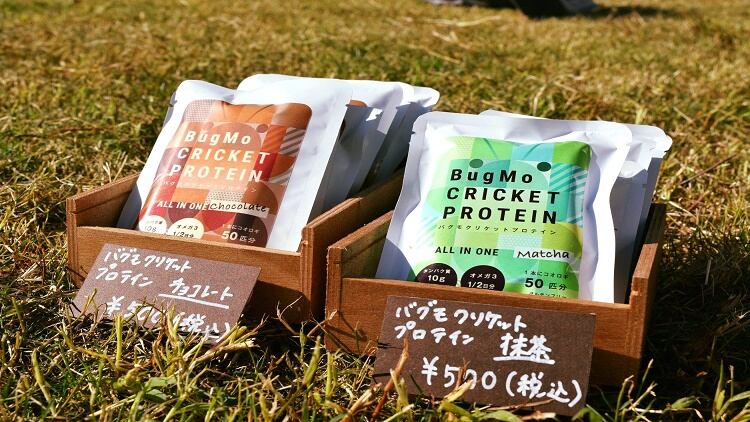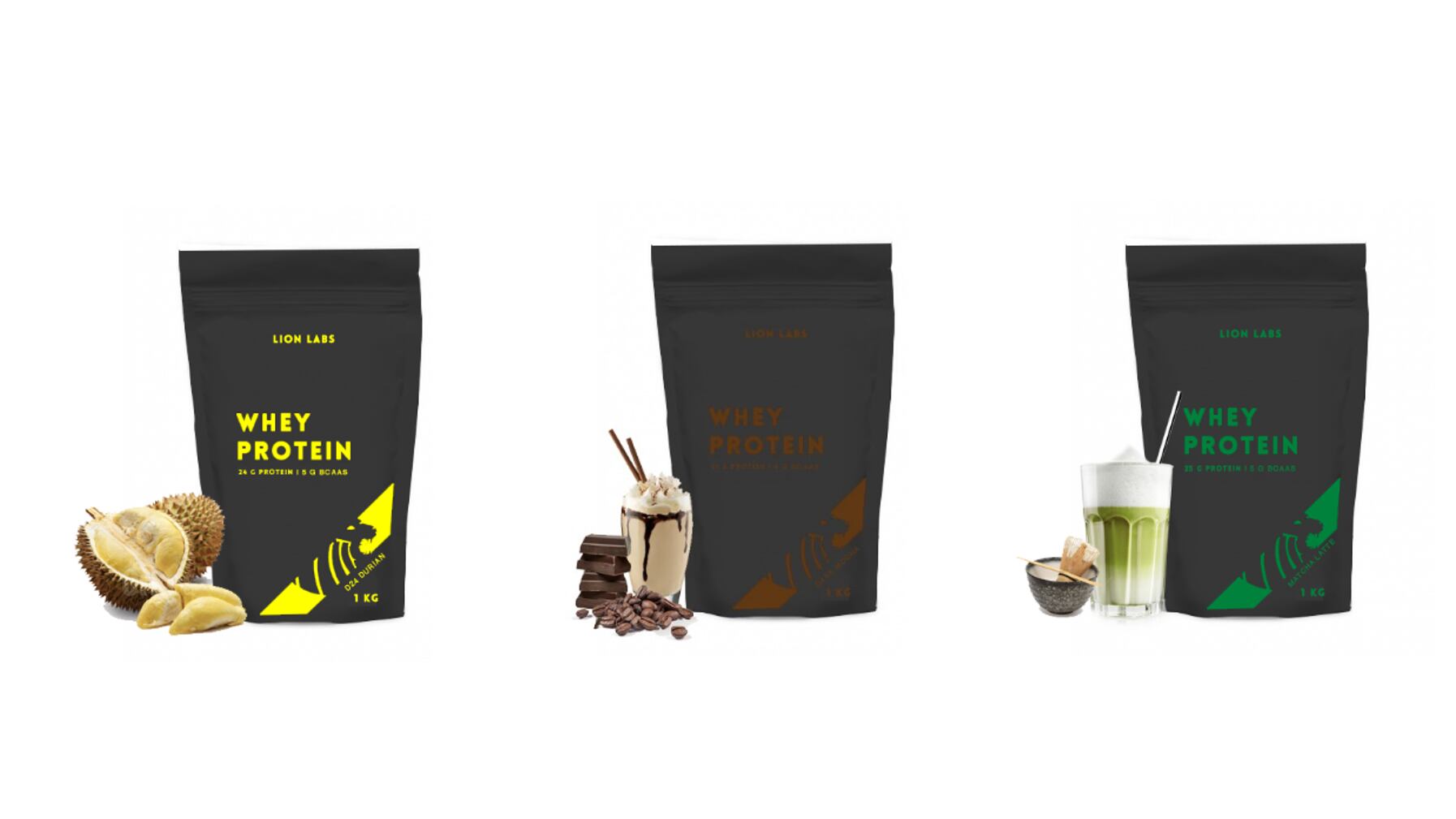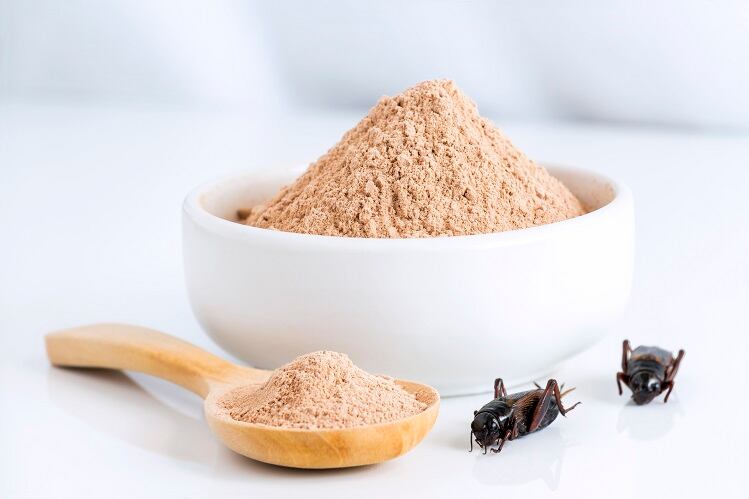The company started to sell cricket protein bars via e-commerce and in about 10 gyms in the Osaka and Kyoto area since November last year, and has since sold about 5,000 bars.
In an interview with NutraIngredients-Asia, CEO Yusuke Matsui and co-founder Fu Nishimoto said that the products were finding popularity amongst gym-goers and office ladies.
Matsui claimed that insect-eating was not new in Japan, as the rural areas practiced the tradition of eating “rice grass-hoppers” cooked with soy sauce and sugar. The tradition is slowing dying out as there are many sources of food these days.
However, it seems that the culture may be revived as consumers seek natural and non-GMO sources of protein.
“In Japan, there are many types of protein bars, but they contain additives, sugar, and their protein source is soy or pea, which may contain hormones and are not seen as a safe option. Ours is gluten-free, no sugar, dairy or soy, thus consumers choose our bars because they want something safe and natural,” Nishimoto said.
Available in chocolate and matcha flavours, each bar weighs 22g and contains 5g of protein. The selling price is JPY$500 (US$4.50).
Besides crickets, the bars are also made of dates, raisins, cashew nuts, or oatmeal, depending on the flavour.
The start-up does not own a cricket farm. It presently imports cricket powder from cricket farms in Thailand and the end-product is manufactured in Japan.
R&D
While cricket-farming is not done in Japan, the firm runs its own R&D lab, aimed at improving the cricket taste and farming methods.
There are presently two ongoing projects, one aimed at improving the taste of the crickets by controlling the types of feed given.
“One reason we choose to make protein bar using crickets is because we can control the flavour of the crickets by changing the types of feed given, also we can harvest crickets all year round,” Nishimoto said.
“Many people look at insects as an ‘alternative protein source’. This is important. However, we believe there is also a huge need for improving the taste of the insects,” Matsui said, adding that they hoped to farm crickets that come with a “nutty” taste.
He also revealed that the other project was to run cricket farms automatically, which might include the use of robotics.





